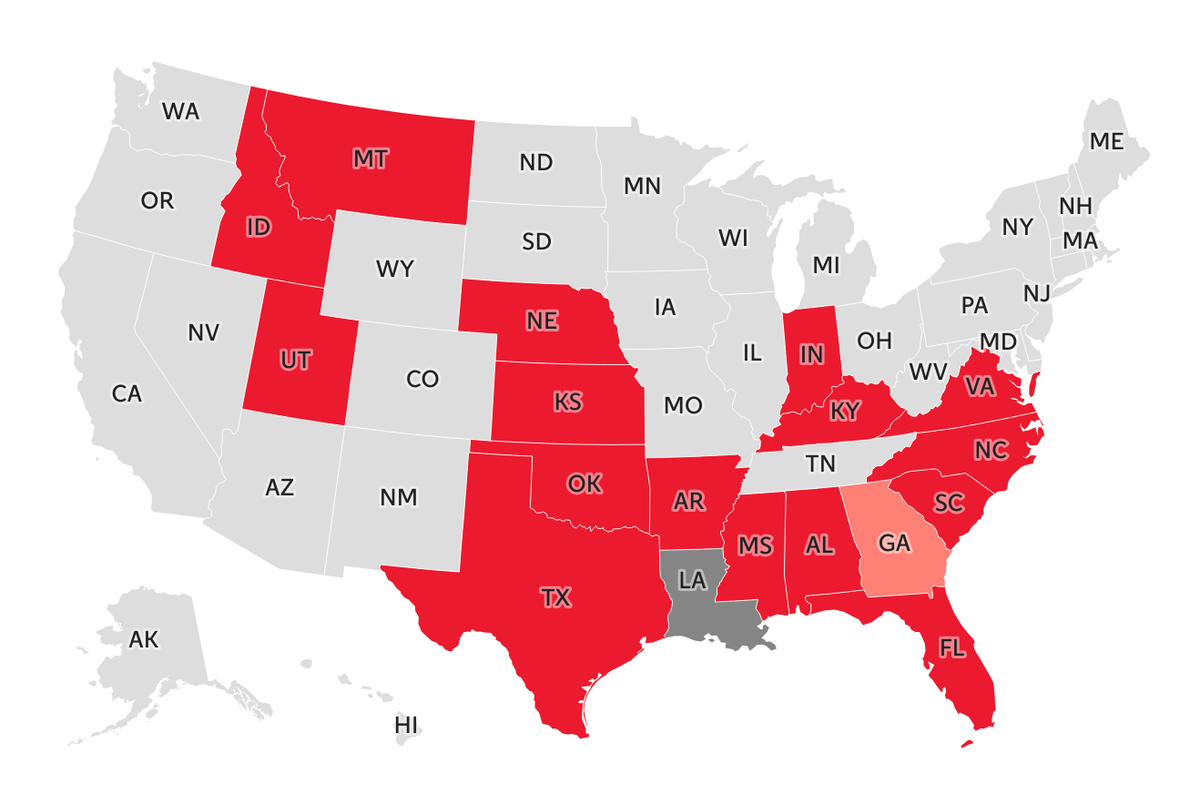- cross-posted to:
- [email protected]
- cross-posted to:
- [email protected]
Summary
Several U.S. states have enacted laws requiring pornography sites, such as PornHub, to implement age verification to prevent minors’ access, prompting the site’s parent company, Aylo, to block access in affected states.
Proponents argue these laws protect children, while critics highlight privacy risks, inefficiencies, and potential censorship.
These measures reflect growing social conservatism, with some advocates aiming to restrict adult content broadly.
While privacy-focused age verification methods exist, regulatory clarity is lacking.
Critics warn these laws may suppress responsible platforms, favoring unregulated alternatives, and escalate broader culture wars around sexuality and LGBTQ+ rights.



Proving, in a safe, privacy-friendly way, that you’re able to provide to some third-party website credentials proving that you’re an adult, is very easily doable. Most countries decided against the good version of it, but it is doable.
It does not, however, prove anything regarding the actual user in front of the computer. Let’s remind people that we live in a world where kids have access to their parent’s CC and regularly abuse it online. I doubt “more technical stuff” will prevent them from getting their hand on whatever certificate/token/thingamajig would be used for age check.
Unless we consider “good practice and proper communication”, or, parenting, to be a key point in this. In which case, there’s no need to do any technical implementation at all in the first place.